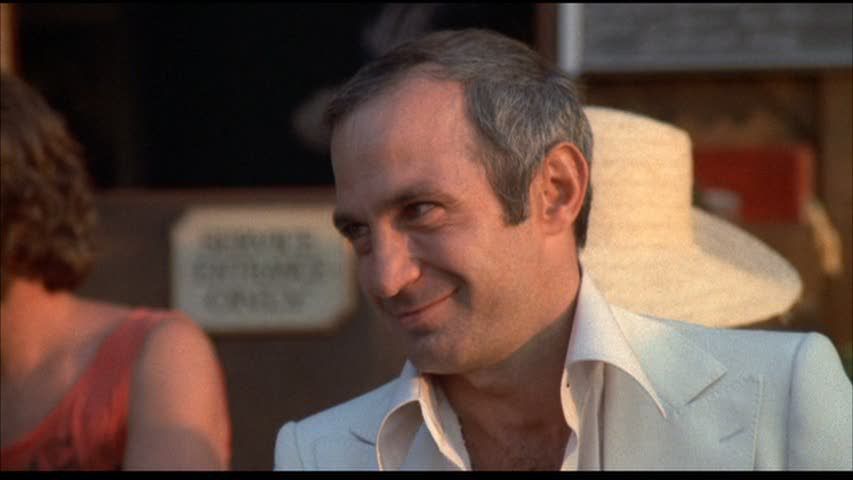
The Killing of a Chinese Bookie is, at least superficially, John Cassavetes' stab at a gangster thriller. In fact, though, the film's genre trappings are incidental to its central purpose, a character study of the charismatic loser Cosmo Vitelli (Ben Gazzara), a strip club owner who fancies himself an artist as he arranges his club's lame, unsexy nightly shows. Cosmo is a kind of vaudeville showman, orchestrating grandiose entertainments in which his dancing girls gyrate on stage while "Mr. Sophistication" (Meade Roberts), a fat, balding little man with white-face makeup and a greasy combover, sings out of tune and tells stories. The whole thing is rickety and appalling, and Cassavetes (at least in his longer, original cut of the film, before a 1978 recut) lingers on these painful stage shows, punctuated by occasional hoots and hollers whenever a girl flashes a breast. It's all so joyless, so self-evidently amateurish and boring, and yet Cosmo believes that he is an artist. He cares deeply about his club, loves his dancers, and pays careful attention to every detail of his shows. In his own weird way, he's a perfectionist, it's just that his idea of perfection is poorly staged strip shows with very little skin showing.
Basically, Cosmo is afflicted with the belief — or maybe just the half-believed hope — that he's bigger than he actually is, cooler than he is. He seems to view himself as a real player. Nowhere is this more apparent than in the sad faux-glamour of Cosmo's big celebration after he finally pays off the last of his loans on his club. The film's opening scene, with Cosmo making his last payment, is his moment of glory, his apex; he has nowhere to go but down from there. He immediately decides to celebrate by taking out three of his dancers for a day on the town. He hires a limo, dresses up in a tux, and goes to pick up each of the girls in turn, acting as though he's picking them up for a prom. They all go out to a ratty gambling parlour, where the girls, in their glam makeup and slutty, shiny dresses, lounge around rolling their eyes and looking bored, while Cosmo tries to act like the high roller they all know he isn't. It's a sad, pathetic affair, this very limited man's idea of living the good life. Moreoever, Cosmo quickly undoes the fleeting victory he enjoyed in the opening scene: after a spurt of wasteful gambling, he winds up deeply indebted to the mob, who insist he pay back what he owes by committing a murder for them. For any other director, this would be an excuse for a gritty, violent mob thriller; for Cassavetes, Cosmo's entanglement in this gangster drama only reinforces just what a lonely, out-of-place figure he is, comfortable and happy nowhere except in the shoddy fantasy world he's created within his strip club's boundaries.
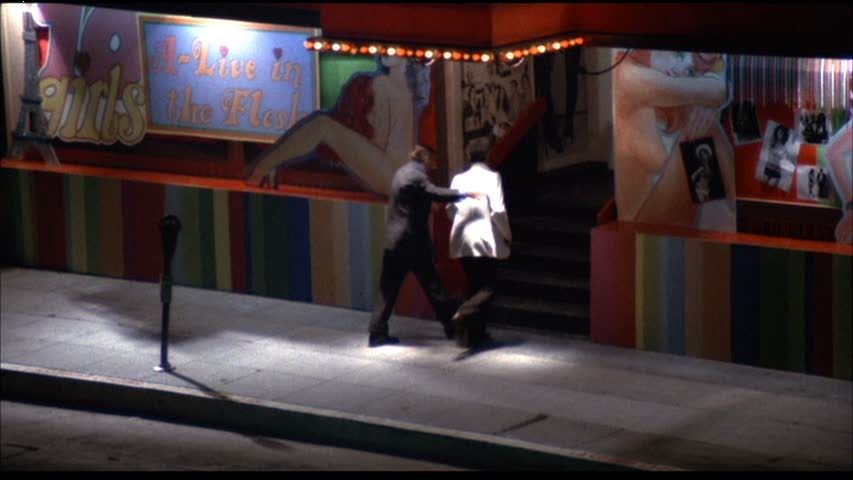

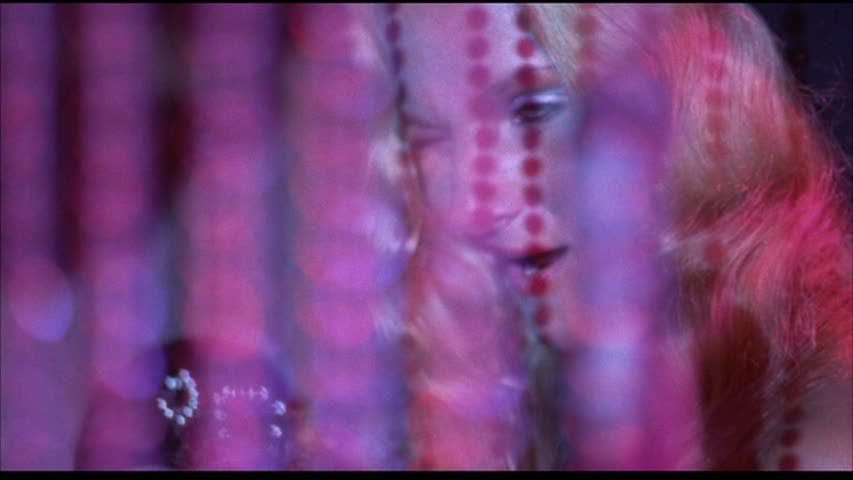

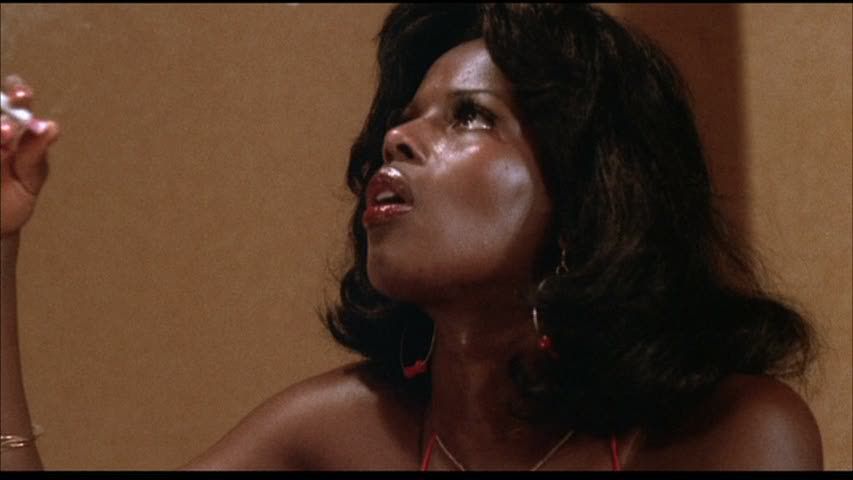
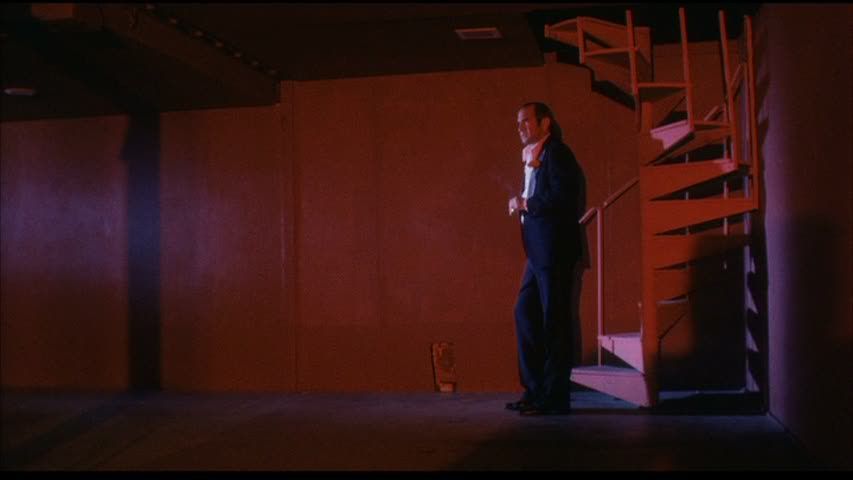

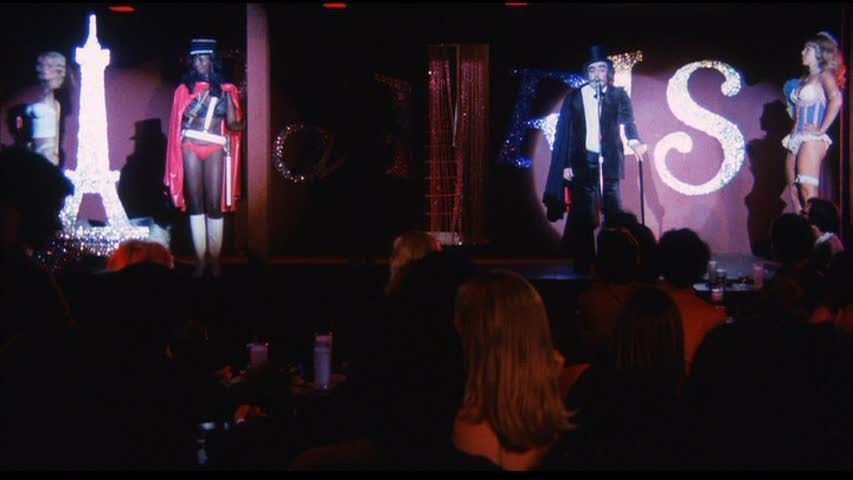

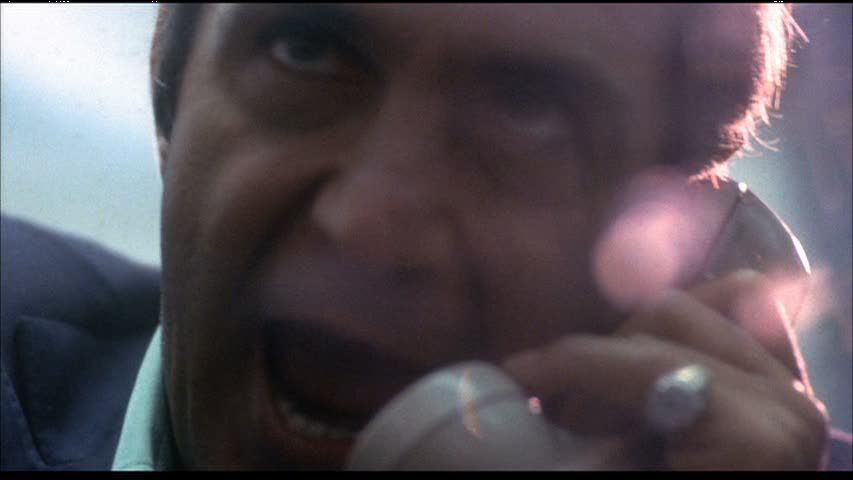



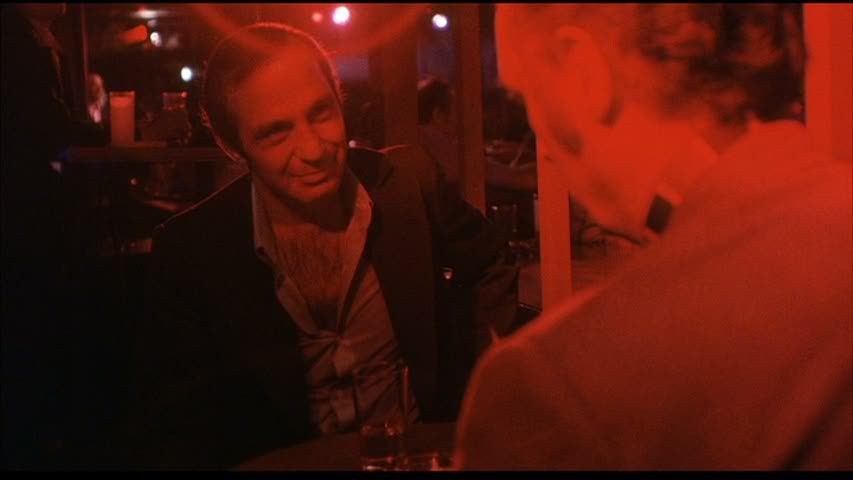
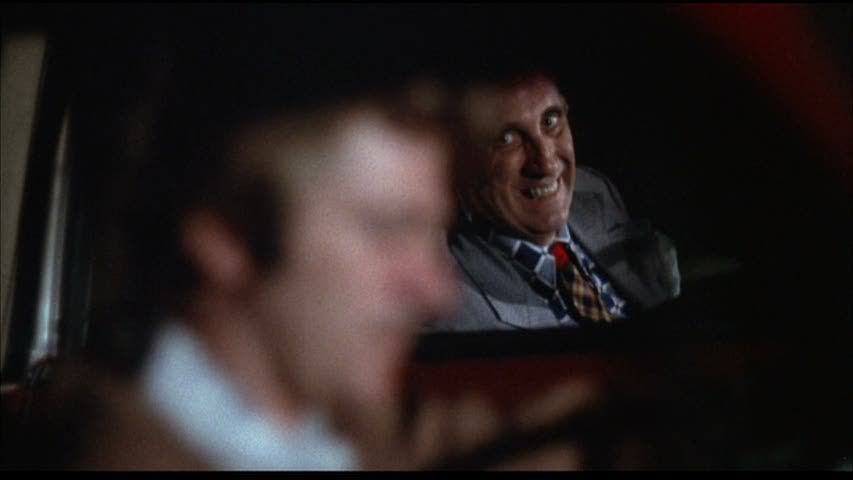
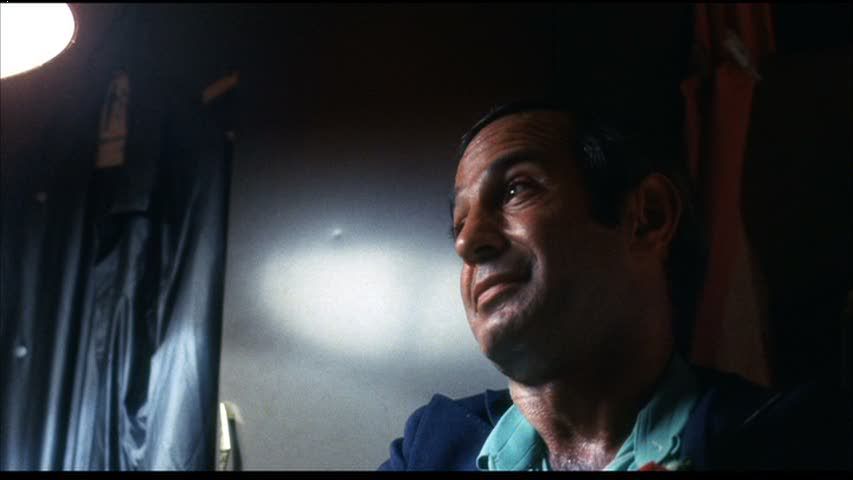
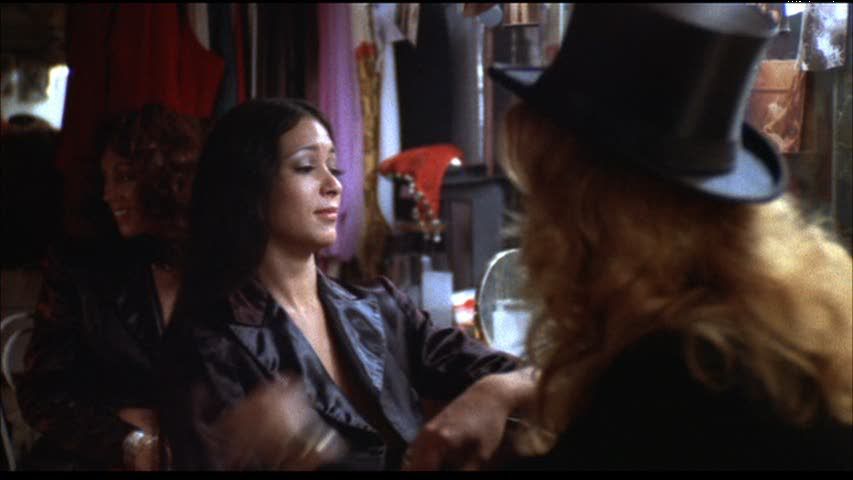










0Awesome Comments!